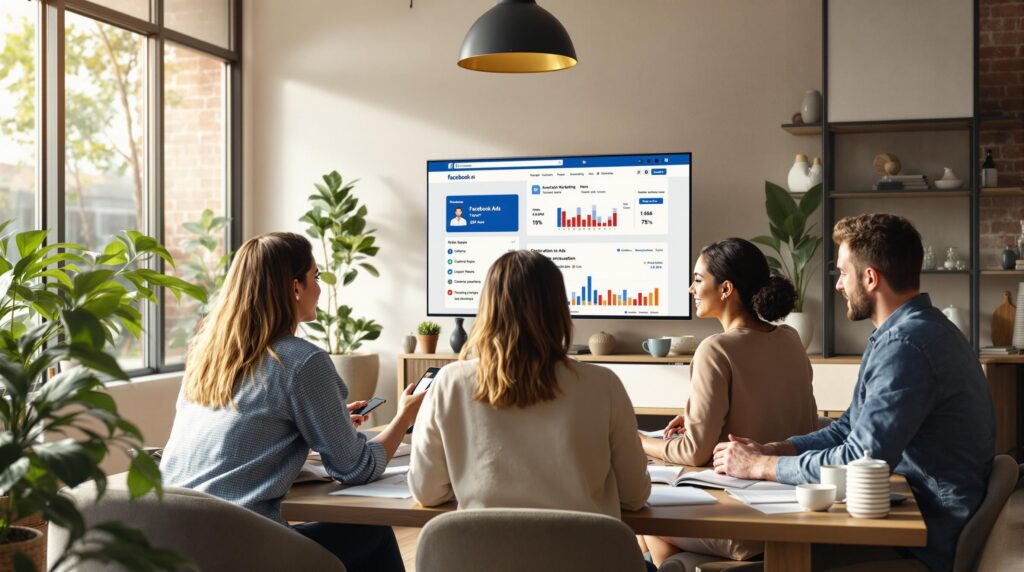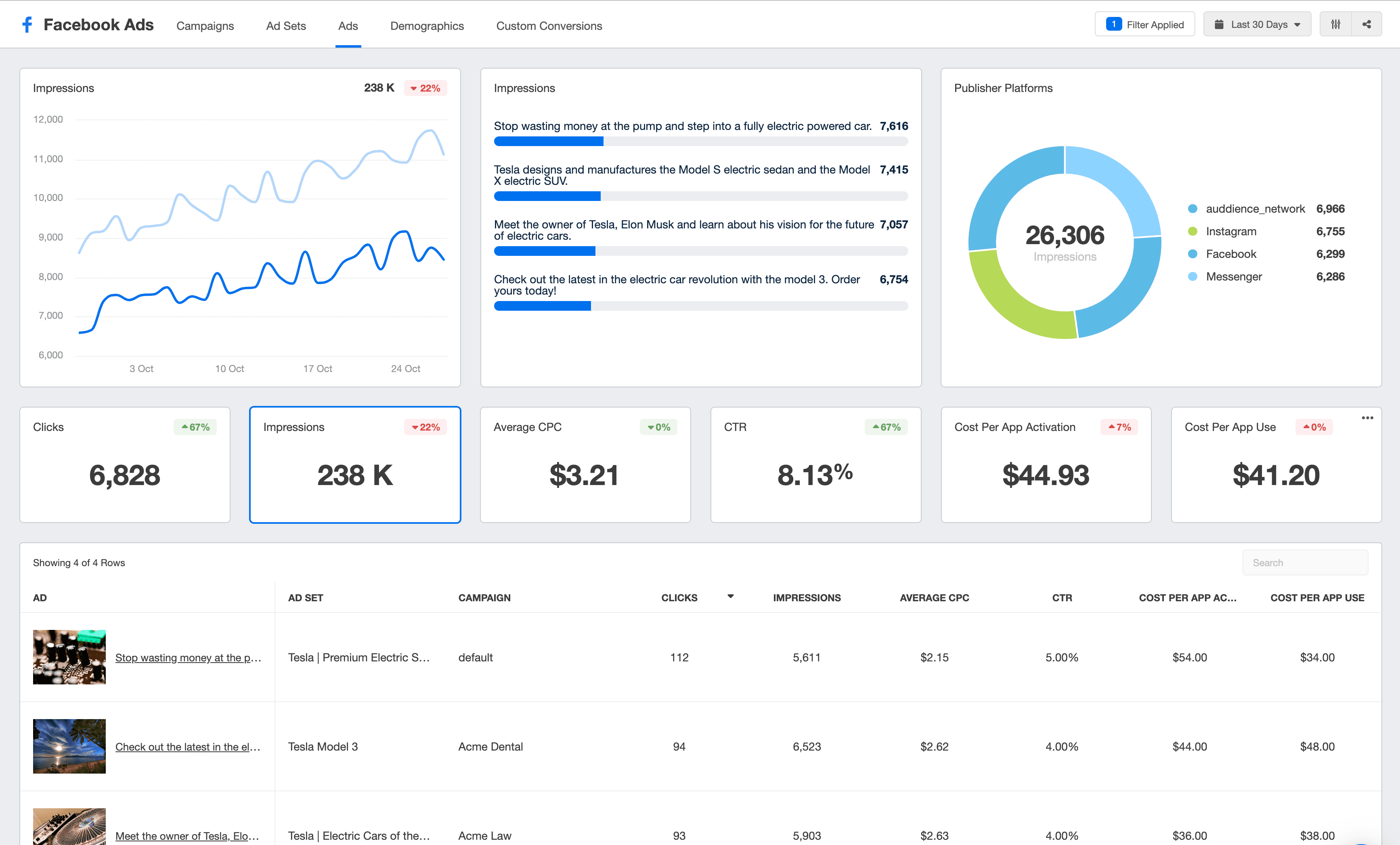How to Target Local Audiences with Facebook Ads

Last Updated on 25 September 2025 by Dorian Menard
Facebook Ads can help your business connect with local customers by targeting specific areas, demographics, and behaviours. Here’s a quick guide to get started:
- Set Your Location: Choose specific suburbs, postcodes, or a radius around your business. Exclude areas you don’t serve for better accuracy.
- Target the Right Audience: Use filters like age, gender, language, and interests to focus on the people most likely to engage with your business.
- Create Localised Content: Use images, language, and offers that reflect your area, such as landmarks or seasonal events.
- Track Performance: Monitor metrics like click-through rates, cost per lead, and geographic performance to refine your campaigns.
- Use Tools: Set up Facebook Pixel and Conversions API to track and optimise results, including offline actions like store visits.
The RIGHT Way To Do Facebook Targeting For Local …
Location Targeting Setup Guide
Facebook’s location targeting tools give Australian businesses control over where their ads appear, helping them connect with the right local audience. Here’s how to set up location targeting effectively.
Setting Location Parameters
Start by accessing the Audiences section in Facebook Ads Manager. From there, define the areas you want to target:
- Choose Location Type: Decide whether to target people currently in your area, those who live there, or those who were recently in the location.
- Define Your Target Area: Enter your primary location (e.g., Perth CBD) and set a radius. For local businesses, this is usually between 5–15 kilometres.
- Add Multiple Locations: Include specific suburbs or postcodes to create a tailored service area.
Adjust the radius based on your business type. For example, a café might target within 5 km, while a furniture store might expand to 25 km.

Refining with Location Exclusions
Once you’ve set your target areas, you can refine your reach by excluding areas you don’t service:
- Use the "Exclude" option to add suburbs or regions outside your service area.
- Double-check your exclusions using the map overlay to ensure accuracy.
This is especially helpful for businesses in larger cities, ensuring ads don’t show in suburbs beyond your delivery or service range.
Advanced Location Targeting Features
Facebook includes additional targeting options to fine-tune your local reach:
- Recently Present: Target people who were in your selected area within the past week. This is ideal for tourism businesses or events.
- Residents: Focus on permanent residents, which works well for services like dentists or mechanics.
- Visitors: Reach people currently visiting your area. This is great for tourist attractions or hospitality venues.
"Paid Traffic and PPC (Pay-Per-Click) management services help you quickly scale your business by driving targeted traffic through Google Ads, Facebook, and other platforms." – Search Scope SEO Agency
Next, you can explore targeting specific audiences based on factors beyond geography.
Audience Targeting Methods
Once you’ve set your location parameters, it’s time to fine-tune your audience segments. By combining demographic details and behavioural data, you can better connect with local customers.
Basic Demographics Setup
Use these basic filters to narrow down your audience:
- Age Range: Choose age groups that align with your product or service.
- Gender: Target all genders or focus on specific ones depending on your offering.
- Language: Reach specific language speakers, especially in Australia’s multicultural cities.
- Education and Work: Filter by education level, workplace, or industry if relevant to your campaign.
To go beyond these basics, focus on customer interests and actions for a more tailored approach.

Customer Interests and Actions
Facebook’s behaviour targeting allows you to connect with people based on their activities and habits:
- Local Activities: Target those interested in regional events or nearby businesses.
- Shopping Behaviour: Reach users who interact with local pages or make purchases in your area.
- Device Usage: Focus on mobile users conducting "near me" searches – this is particularly useful for retail and hospitality.
For even more precision, you can create custom audiences using your existing customer data.
Custom Audience Creation
Tap into your customer data to build custom audiences:
Customer List Upload
- Import email addresses from your database.
- Use phone numbers collected through loyalty programs.
- Add postal codes from delivery records to refine your reach.
Engagement-Based Audiences
- Target people who have visited your website.
- Include users who interact with your Facebook page.
- Reach out to those who RSVP to local events.
Start with a broad audience and adjust based on performance data. For example, a boutique in Bondi could target fashion lovers within a 5 km radius for maximum impact.
sbb-itb-c74901f
Local Ad Content Development
Create Facebook Ads that connect with your audience by combining smart messaging with local context.
Local Text and Images
Incorporate local language and visuals to make your ads relatable:
- Use well-known landmarks and high-quality images of your area, team, or customers. For instance, when targeting Perth, include Kings Park or Elizabeth Quay in your visuals.
- Add regional terms and phrases, but keep it balanced – don’t overdo the slang.
- Match your content with the Australian seasons and key events. For example, highlight summer activities for Christmas campaigns since it falls in summer here.
Pair these visuals with timely, location-based offers to better engage your audience.
Local Deals and Events
Take advantage of local happenings and promotions to draw in your audience.
Event-Based Promotions
- Limited-time deals during nearby festivals or markets
- Discounts for public holidays like Australia Day or Labour Day
- Pop-up offers during local sporting events or community activities
Location-Specific Offers
- Suburb-based discounts to increase foot traffic
- Postcode-specific deals to test audience preferences
- Specials timed around local commuting patterns
Best Ad Types for Local Reach
Choose ad formats that effectively highlight your local offers and events.
| Ad Format | Best Used For | Local Application |
|---|---|---|
| Carousel Ads | Product Showcases | Highlight multiple store locations or services |
| Story Ads | Behind-the-scenes | Share team activities or community involvement |
| Collection Ads | Product Categories | Feature inventory tailored to local needs |
| Video Ads | Demonstrations | Showcase your venue and the local vibe |
To maximise impact, pair these formats with targeted calls to action like ‘Visit Our Bondi Store’ or ‘Book Your Perth Consultation’.

Performance Tracking and Updates
Keep an eye on how your local Facebook ad campaigns are performing.
Key Metrics to Watch
Pay attention to these metrics to evaluate your local ad success:
| Metric | Focus Area | Why It’s Important |
|---|---|---|
| Click-Through Rate (CTR) | Percentage of people clicking on ads | Indicates how well your ad appeals to the local audience |
| Cost Per Lead (CPL) | Cost of acquiring a lead | Helps manage ad spending within your area |
| Conversion Rate | Percentage completing desired actions | Shows how effectively your ads drive action locally |
| Geographic Performance | Results by suburb or postcode | Pinpoints the most responsive local markets |
Tracking engagement within your target area helps you identify which neighbourhoods are responding best to your ads.
Tools for Tracking
Use these tools to gather meaningful data on your local campaigns:
Facebook Pixel
Setting up Facebook Pixel allows you to:
- See which suburbs drive the most website visits
- Understand behaviour patterns of local customers
- Build retargeting audiences based on location data
Conversions API
Pair the Conversions API with your Pixel for deeper insights:
- Record offline conversions, like local store visits
- Track calls from specific postcodes
- Analyse in-store purchases by area
These tools provide valuable data to guide your testing and optimisation efforts.
Steps to Test and Improve
Make your campaigns more effective with these strategies:
1. Ad Creative Testing
Experiment with different creative elements that appeal to your local audience. Compare results for:
- Ads featuring local landmarks versus generic images
- A casual tone versus a formal tone in Australian English
- Varied calls-to-action tailored to each suburb
2. Audience Adjustments
Refine who sees your ads based on performance insights:
- Adjust the radius of your targeting based on conversion data
- Fine-tune age ranges for specific postcodes
- Update interest-based targeting for different neighbourhoods
3. Budget Tweaks
Shift your spending to maximise return:
- Increase investment in suburbs with strong results
- Scale back in areas with weaker performance
- Modify bidding strategies to suit different locations
Local Facebook Ad Tips
To make your local Facebook ad campaigns work effectively, focus on sharp targeting, customised content, and consistent tracking to make the most of your budget.
Key Steps to Improve Your Campaigns
- Focus on specific suburbs and postcodes where your audience lives and works, while excluding areas you don’t serve.
- Use demographic data and local interests to zero in on potential customers.
- Keep an eye on performance metrics and tweak your campaigns for better outcomes.
- Experiment with various ad formats to find what resonates most with your local audience.
- Combine your Facebook ads with other digital channels to expand your reach.
"We ensure you get the best return on your ad spend, delivering results without breaking the bank." – Search Scope SEO Agency